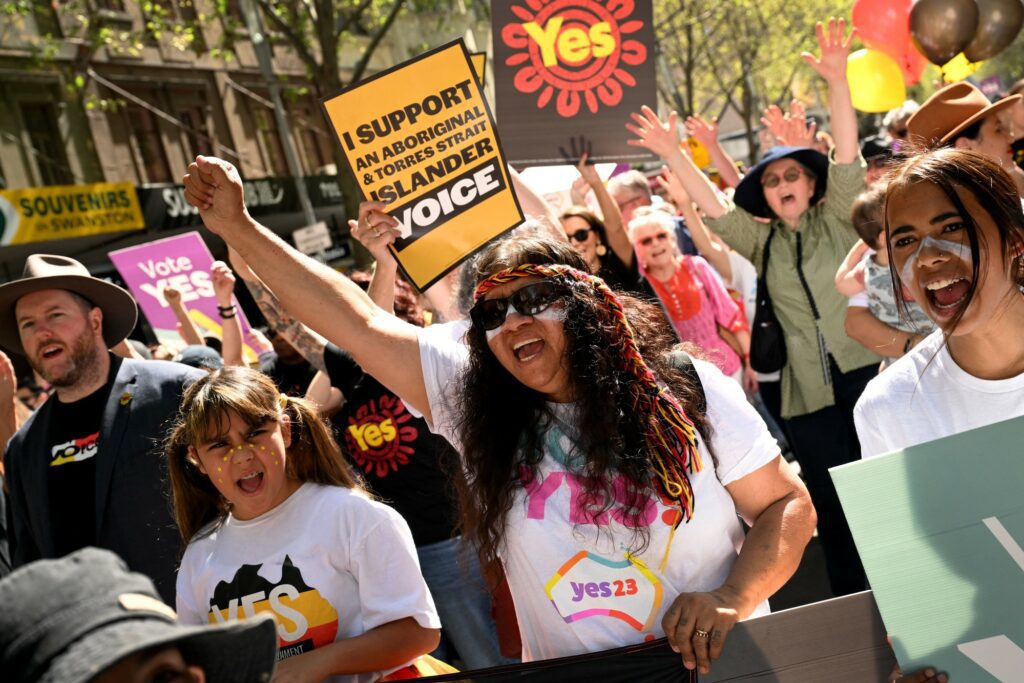The right to freedom of expression continued to be restricted. The year was marked by a military trial of opposition activists, arbitrary detentions and several allegations of torture and other ill-treatment, including at least one allegation that torture led to death in custody. LGBTI people continued to be persecuted.
Background
On 31 January, Manuela Roka Botey was appointed by the president to serve as Equatorial Guinea’s first woman prime minister. President Teodoro Obiang Nguema Mbasogo had been re-elected for a sixth term in office in November 2022 with 95% of the votes, according to the national electoral commission.
According to the World Bank, food prices and the rate of food insecurity, particularly among the rural population, remained high. Due to the country’s over-reliance on imports for food consumption (80%), food price increases were fuelled by supply chain disruption arising from the war in Ukraine and the aftermath of the Covid-19 pandemic.
An outbreak of Marburg virus killed at least 12 people.
Freedom of expression
Equatorial Guinea was ranked 120th out of 180 countries surveyed by Reporters Without Borders in its 2023 World Press Freedom Index. The government maintained a close watch over the media and censorship remained the norm. There were no independent media outlets. The legal landscape criminalizing the exercise of the right to freedom of expression and media freedom through the frequent use of slander and defamation laws continued to encourage self-censorship.
Unfair trials
In June, Gabriel Nsé Obiang Obono, leader of the banned opposition party Citizens for Innovation (CI), was sentenced by a military tribunal to 29 years’ imprisonment for “homicide, abusive use of fundamental rights, insults to security forces” and “illegal possession of ammunitions”. He had been arrested in September 2022 after police laid siege to the party’s office in the capital, Malabo. Dozens of CI supporters, arrested alongside him, were convicted of the same charges, receiving sentences of between nine and 29 years in prison.
Human rights activist Anacleto Micha Ndong Nlang initially faced the same charges over the same event, even though he was arrested four days before the others (when he visited the office to see whether party supporters under siege needed assistance). His charges were subsequently changed to “contempt against authority” and his case sent to ordinary court. On 19 May, he was sentenced to six months in prison and fined XAF 100,000 (around EUR 152). He was released on 23 June, some nine months after his arrest.
Torture and other ill-treatment
In January, the Spain-based opposition group Movement for the Liberation of the Third Equatorial Guinea (MLGE3R) announced the death in detention of one of its leading activists, Julio Obama Mefuman, a dual Spanish and Equatorial Guinean citizen, and accused the authorities of torturing him multiple times. He had been serving a 60-year prison sentence in Oveng Azem prison on charges of participating in an alleged attempted coup. Foreign minister Simeón Oyono Esono Angué confirmed that Julio Obama had died in a Mongomo hospital following illness but refuted the accusations of torture.
The death of Julio Obama occurred less than two weeks after Spain’s High Court opened an investigation against Carmelo Ovono Obiang, the son of the Equatorial Guinean president, and two other officials. They were accused of the alleged abduction and torture of four Equatorial Guinean nationals, including Julio Obama and another dual national as well as two other residents of Spain, all of whom were MLGE3R members.
On 16 February, the European Parliament adopted a resolution condemning “political persecution and repression of political opponents” in Equatorial Guinea, as well as the death of Julio Obama while in custody, and requesting an independent international investigation. In March, all three officials failed to appear at the Spanish High Court. The court ordered that Julio Obama’s body be taken back to Spain, but this was ignored. In April, the Ministry of Foreign Affairs of Equatorial Guinea informed the Spanish government that it had opened an investigation into the alleged torture of the four men, thereby claiming jurisdiction over the matter. Court proceedings in Spain were still pending at the end of the year.
Arbitrary detention
Young men remained in arbitrary detention after the government’s “Cleaning Operation” against youth gang crime. In February, Pablo Santiago Nsue Ondo Angue, a 22-year-old man who was arrested under this scheme, died in Oveng Azem prison of cardiorespiratory arrest. He had remained in detention despite a court order granting him release in October 2022.
LGBTI people’s rights
In May, the organization for LGBTI rights, We are Part of the World, published a report denouncing alleged torture of 12 LGBTI people by the authorities. On 10 July, the Malabo office of the organization was allegedly searched by security forces with no warrant.
Source link : https://www.amnesty.org/en/location/africa/west-and-central-africa/equatorial-guinea/report-equatorial-guinea/
Author :
Publish date : 2021-08-25 14:08:23
Copyright for syndicated content belongs to the linked Source.
